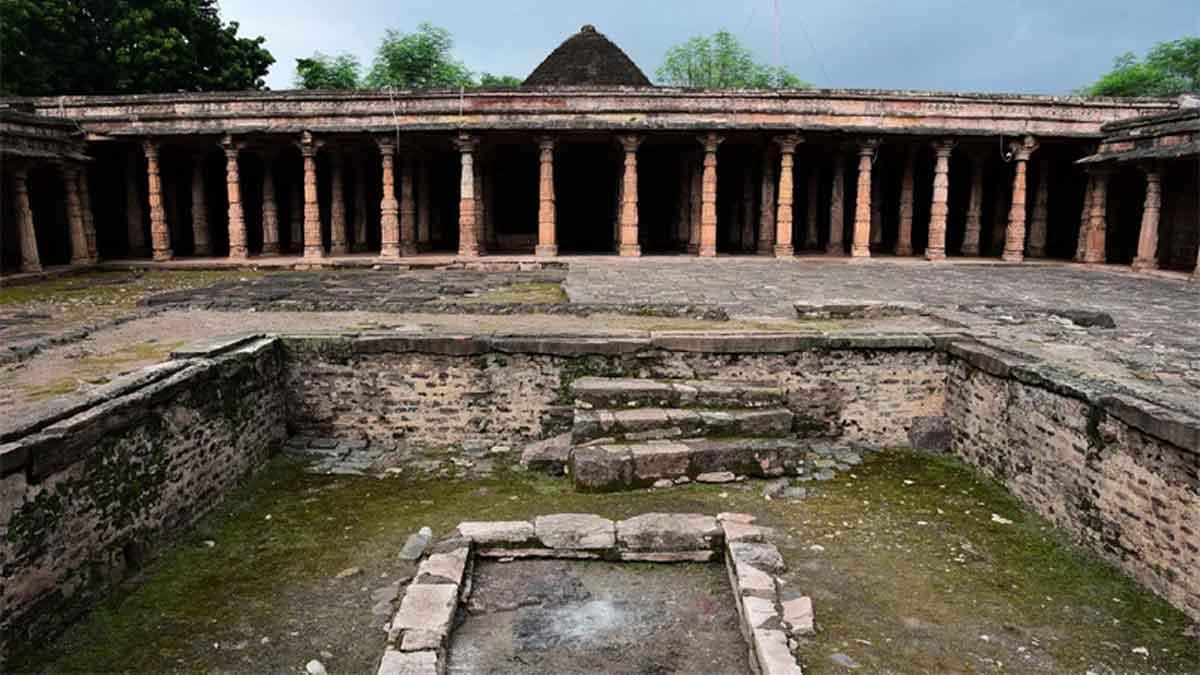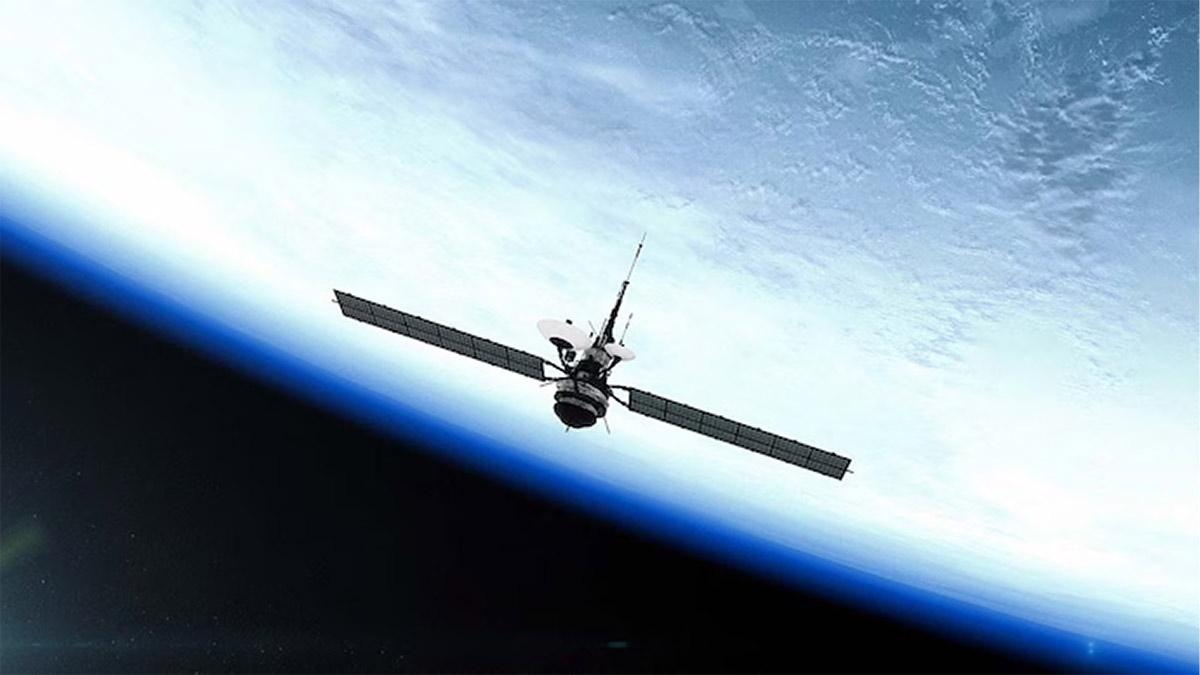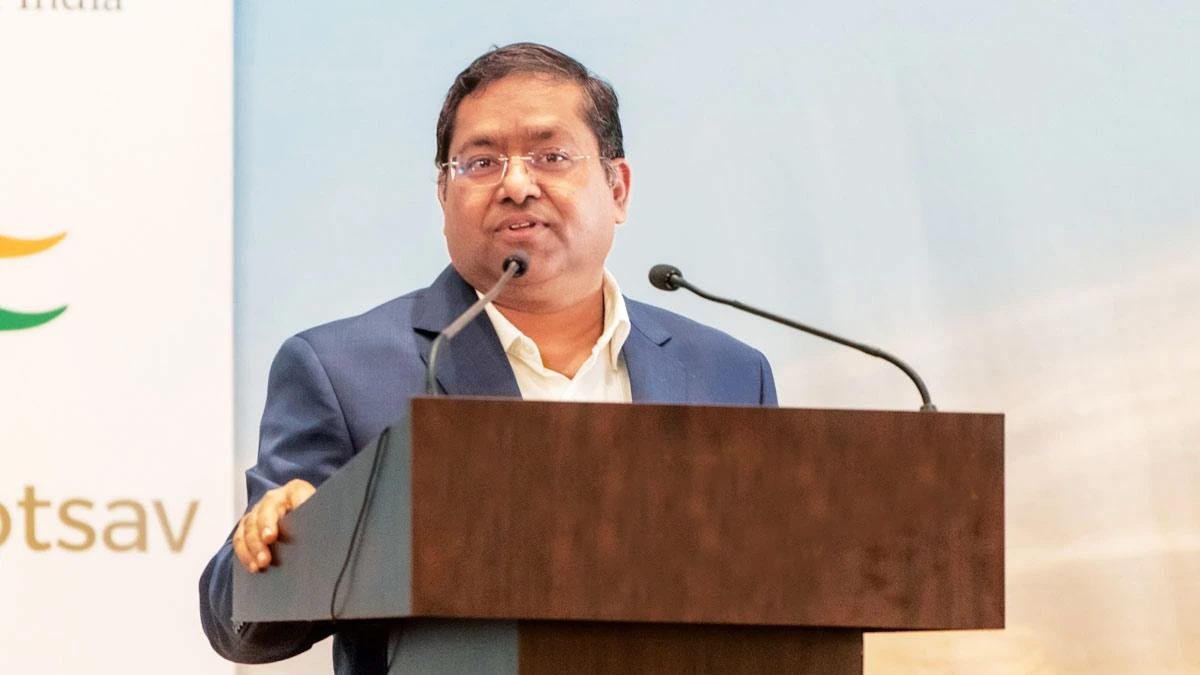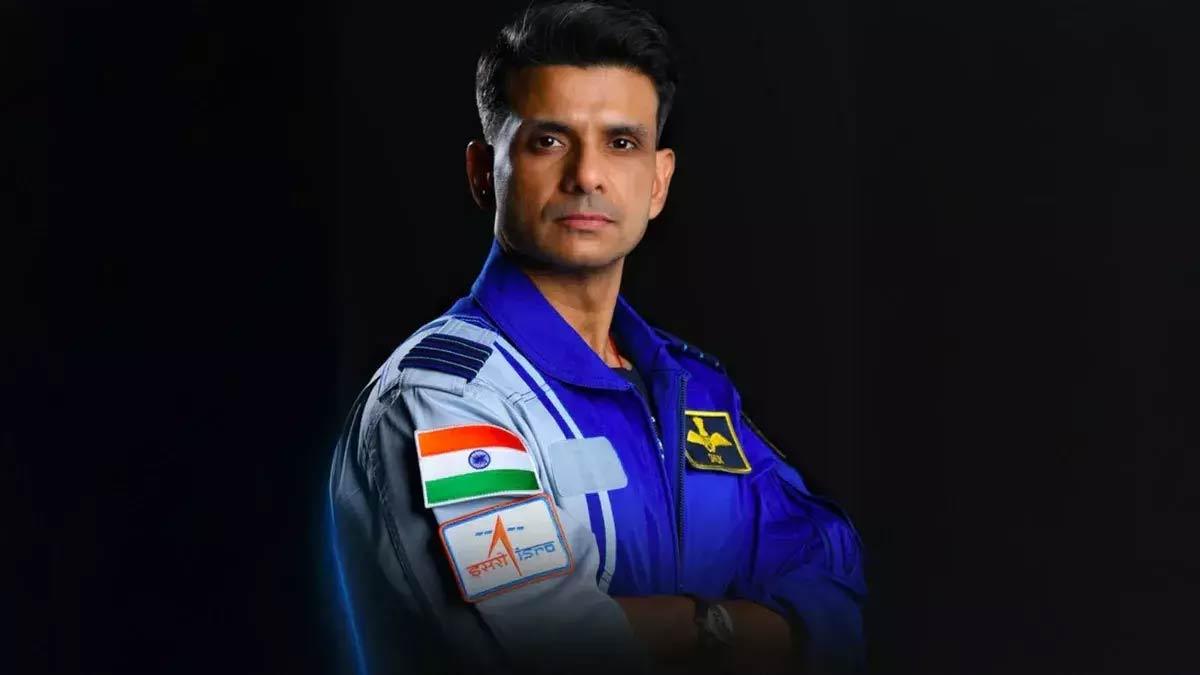The Supreme Court declined to halt a "scientific survey" of Bhojshala, a medieval-era site in Madhya Pradesh's Dhar district, which is claimed by both Hindus and Muslims, but emphasized that no action should be taken without its permission based on the survey's findings.
Bhojshala, recognized by the Archaeological Survey of India (ASI) as an 11th-century monument, holds significance for Hindus who revere it as a temple dedicated to Vagdevi (Goddess Saraswati), while the Muslim community identifies it as Kamal Maula mosque.
As per an arrangement facilitated by the ASI in 2003, Hindus conduct puja at Bhojshala on Tuesdays, while Muslims offer 'namaz' on Fridays.
A bench comprising Justices Hrishikesh Roy and P. K. Mishra issued notices to the Centre, the Madhya Pradesh government, the ASI, and others, responding to a plea by the Maulana Kamaluddin Welfare Society challenging the Madhya Pradesh High Court's March 11 order regarding the "scientific survey."
The court directed, "Notice returnable in four weeks. Pending further proceedings, no steps should be taken without this court's permission regarding the survey's outcomes. It's imperative that no physical excavation occurs that alters the essence of the premises in question."
The High Court's March 11 directive instructed the ASI to conduct a "scientific survey" of the Bhojshala complex within six weeks, mandating a comprehensive report by an Expert Committee led by the Director General/Additional Director General of the ASI.
This order followed an application by the Hindu Front for Justice (HFJ), urging the ASI to fulfill its statutory duty to resolve the ongoing disputes regarding Bhojshala's status.
The HC outlined various directives for the ASI, emphasizing the use of modern techniques and methods for the survey, including GPR-GPS surveying and carbon dating to determine the age and composition of structures within the complex.
Furthermore, the HC recommended involving representatives from both contesting parties in the expert panel overseeing the investigation and requested an inventory of all artifacts found on the premises.
The ASI was granted the flexibility to conduct additional studies as needed to establish the true nature of the complex, with the HC stipulating that decisions regarding worship rights would only be made after the panel submitted its findings.
Read also | Unity Against Terrorism: Russia's Call for Collaborative Action with India and Allies


















